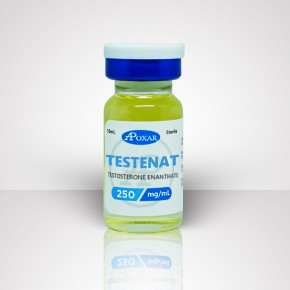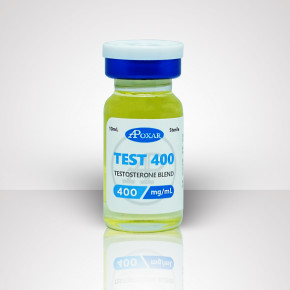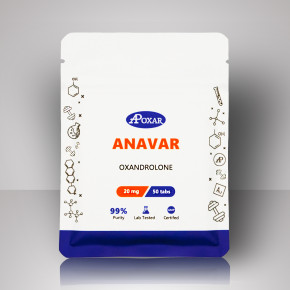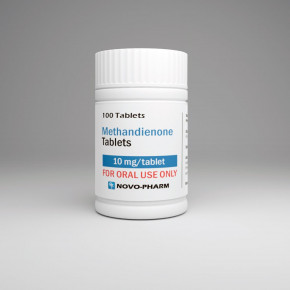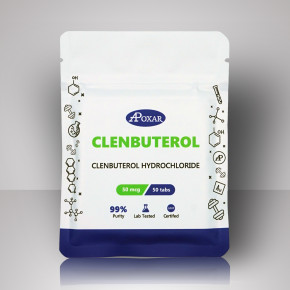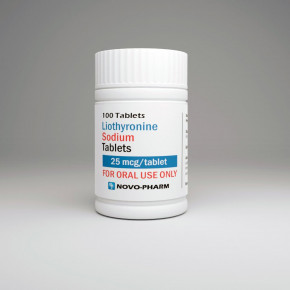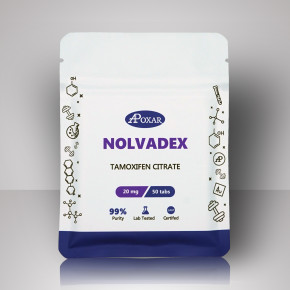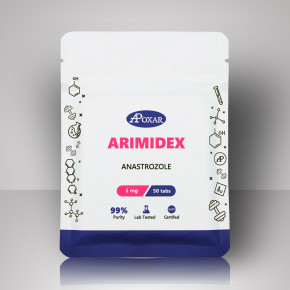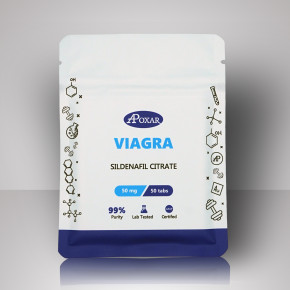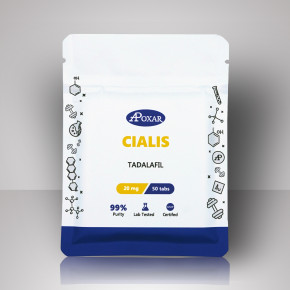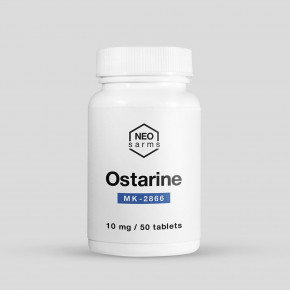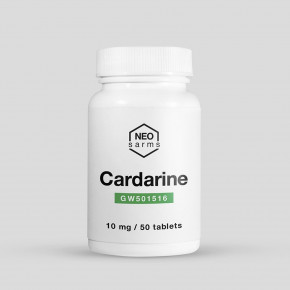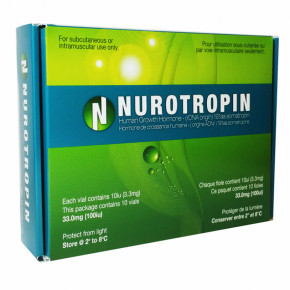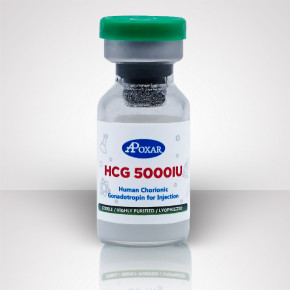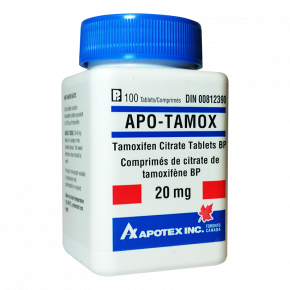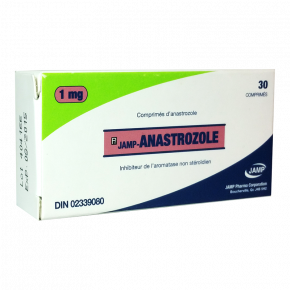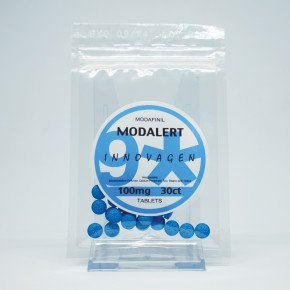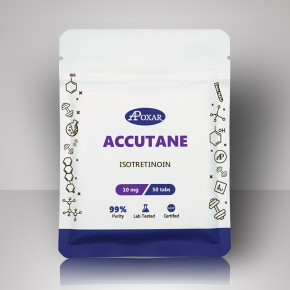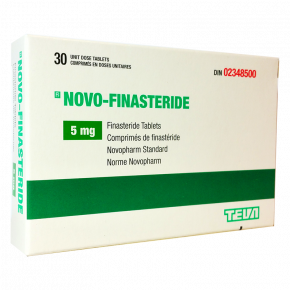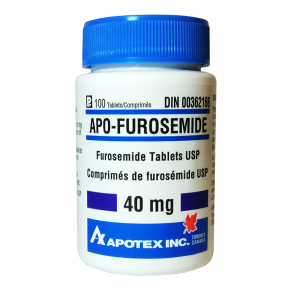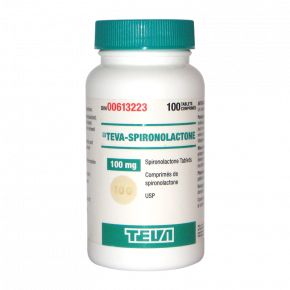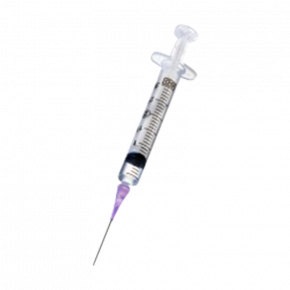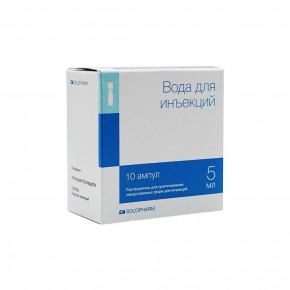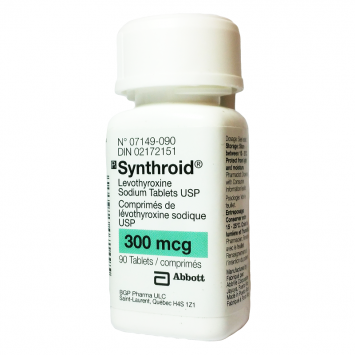 Free delivery for orders over $400
Free delivery for orders over $400Synthroid - T4
T4 is a thyroid hormone that athletes use for weight loss. T4 would be a great enhancement, if you want to run a cutting cycle. 150-300 mcg/day 4-7 weeks
-
Eltroxin T4 - Weight Loss - Levothyroxine 200mcg/100tabs - Pharmacy Grade
$70.00Out of stock
Synthroid Description
Synthroid, the brand name for levothyroxine sodium, is a synthetically manufactured form of the natural thyroid hormone tetraiodothyronine (T-4). Thyroid hormones are primarily responsible for regulating the body’s metabolic rate, and play a vital role in the body’s utilization of protein, fat, and carbohydrates. Levothyroxine sodium is used medically to treat cases of hypothyroidism, which is characterized by insufficient natural production of thyroid hormones. This may manifest itself with a number of symptoms including loss of energy, lethargy, weight gain, hair loss, and changes in skin texture. Levothyroxine sodium is considered a slow-acting medication and may take up to 4 to 6 weeks before full therapeutic levels are reached in the blood. It is also the most commonly prescribed thyroid medication in the world and is considered to be the standard form of treatment for most cases of hypothyroidism.
The action of Synthroid (levothyroxine sodium) is very similar to that of the popular thyroid preparation Cytomel® (liothyronine sodium). Cytomel® is slightly different in structure, however, being a synthetic form of the thyroid hormone triiodothyronine (T-3). A healthy individual with have sufficient levels of both T-3 and T-4 thyroid hormones present in their body. T-3 is considered the primary active form of thyroid hormone, while T4 serves mainly as a reserve for T3, exerting most of its metabolic activity via conversion to T3 in peripheral tissues. T3 is regarded as having an effect that is roughly four times stronger than that of T-4 on a milligram-for-milligram basis. Likewise, Cytomel® is considered to be a more potent form of thyroid medication, both with regard to activity and side effect potential.
Synthroid is valued by many drug-using athletes and bodybuilders for its ability to stimulate the metabolic rate and support the breakdown of body fat stores. It is usually taken during a period of calorie restriction (“cutting”) when the individual is focused on fat loss or increasing muscle definition. It is often thought that the use of thyroid drugs can support fat loss at a higher level of caloric intake than would otherwise be possible without the drugs, adding to their perceived value among the communities. Anabolic steroids are generally used in conjunction with these hormones, and many believe that the metabolism-boosting effect of these drugs may produce faster gains in muscle mass. The drugs, however, have yet to be widely proven or accepted for this purpose.
History
Levothyroxine sodium was the first synthetic thyroid medication to be sold in the U.S. and was first introduced to the market in 1955 by Flint Laboratories as Synthroid. The drug has a long history of therapeutic use in the U.S. and internationally, and for decades has been the most widely prescribed medication for the treatment of hypothyroid. The Synthroid brand has historically been the most successful, with figures estimating that it retained 85% of total levothyroxine sales and $600 million in annual revenues (1990 estimates). In the bodybuilding and athletic communities, however, the faster-acting and more powerful drug Cytomel (liothyronine sodium) are most popular. Since Synthroid is weaker and slower acting, athletes need to take the drug for a longer duration to achieve similar results.
The Synthroid brand itself has a long and at times controversial history. For many years after its inception by Flint Laboratories, Synthroid enjoyed a virtual monopoly on the levothyroxine sodium market. Generic medications finally began taking a large share of levothyroxine sodium sales going into the 1980s. In response, Flint Laboratories funded a study at the University of California in 1986 which attempted to demonstrate that Synthroid had a higher therapeutic value than its generic counterparts. The study was completed in 1990, and, in fact, proved that the generic drugs had equal efficacy to Synthroid.1 Flint exercised a clause in its contract requiring company approval before the university could publish its study. A legal battle over its publication ensued. Even after Flint Laboratories was sold to Boots, and thereafter Boots sold to Knoll, the publication of the study was vigorously opposed. It was eventually ordered into publication in 1997. A class-action lawsuit followed, alleging that misconduct over the publication and marketing claims forced consumers to pay 2 to 3 times more for a brand name drug than an equivalent generic counterpart. Knoll eventually settled for $135 million.
How Supplied
Levothyroxine sodium is most commonly supplied in oral tablets of 25 mcg,50 mcg,75 mcg, 100 mcg, 125 mcg, 150 mcg, 200 mcg, and 300 mcg.
Structural Characteristics
Levothyroxine sodium is a synthetic form of T4 thyroid hormone. It has the chemical designation L-3,3′,5,5′- tetraiodothyronine sodium salt.
Warnings
FDA requires that the following black box warning accompany prescription Synthroid (liothyronine sodium) products sold in the U.S. “Thyroid hormones, including levothyroxine sodium, either alone or with other therapeutic agents, should not be used for the treatment of obesity or for weight loss. In euthyroid patients, doses within the range of daily hormonal requirements are ineffective for weight reduction. Larger doses may produce serious or even life-threatening manifestations of toxicity, particularly when given in association with sympathomimetic amines such as those used for their anorectic effects.”
Side Effects
Side effects of Synthroid are generally associated with overdosage and may include headache, irritability, nervousness, sweating, irregular heartbeat, increased bowel motility, or menstrual irregularities. Overdosage may also induce shock and may aggravate or trigger angina or congestive heart failure. Chronic overexposure to levothyroxine sodium will produce symptoms normally associated with hyperthyroidism, or the overproduction of natural thyroid hormones in the body. The occurrence of over-exposure linked side effects is normally cause to immediately reduce or discontinue therapy with levothyroxine sodium. Acute massive overdose may be life-threatening.
Administration
When used to treat mild to moderate hypothyroidism, the average replacement dose of levothyroxine sodium is approximately 1.7 mcg/kg/day. This equates to 100-125 mcg/day per day for a 154lb adult. The full therapeutic dose may be given from the onset of therapy in otherwise healthy adult patients. Note that due to the long half-life of levothyroxine, the peak therapeutic effect at a given dose may not be achieved for 4 to 6 weeks.
When used (off-label) to accelerate fat loss by bodybuilders and athletes, the typical protocol involves the slow buildup of the dosage so that the body has ample time to adjust to the changing thyroid hormone levels. An individual will generally start with a low dosage of 25-50 mcg, and will slowly increase the amount 25-50 mcg each day or two. The final dosage will usually be in the range of 100-150 mcg, and will rarely exceed 250 mcg. It is important to remember that thyroid drugs are strong medications with significant side effects potential. Cautious individuals will be sure not to use excessive amounts of levothyroxine sodium, nor continue treatment for longer than eight weeks. It is also generally advised to also reduce the Synthroid dosage gradually at the conclusion of each cycle. This is usually accomplished by dropping the dosage by 25 mcg every second or third day. The focus here, again, is to help avoid any sudden change in hormone levels that might otherwise trigger side effects. Note that due to the slow-acting nature of levothyroxine sodium, it may take several weeks or longer for the active drug to be fully eliminated from the body.
Availability
Although levothyroxine sodium is a widely manufactured drug, it is not as common on the black market as the stronger thyroid drug Cytomel®. Large scale counterfeiting does not appear to be a problem.
References

